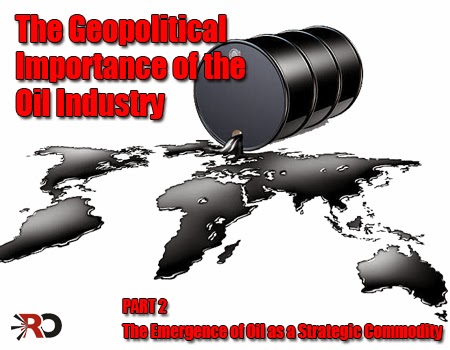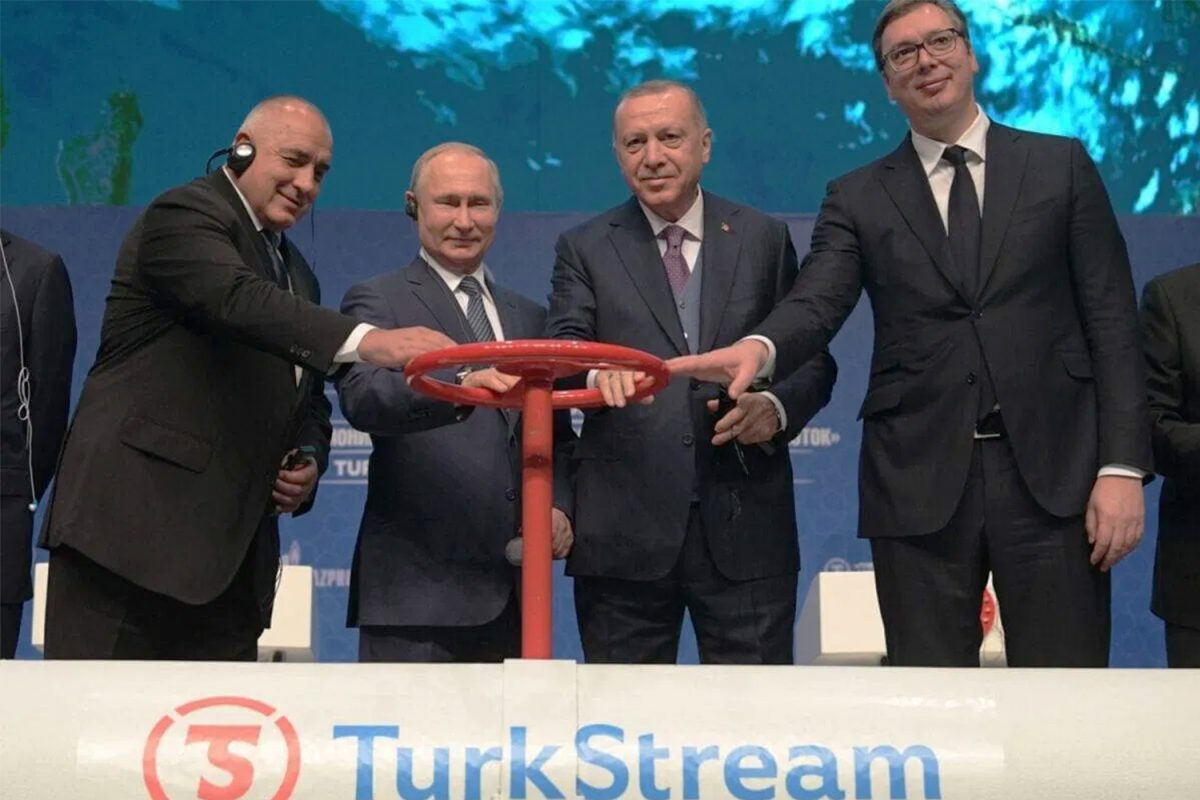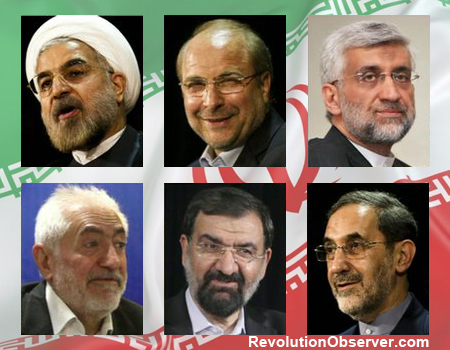Part 1 of RO’s four part series, on the geopolitical importance of the oil industry looked at the origins of the oil industry. Part 2 traces the emergence of oil as a strategic commodity
By Idries Devries
The development of of the oil industry throughout the 19th century, was in parallel to Germany’s rise as a geopolitical power. After Otto Von Bismarck had united the various German states under the leadership of Prussia in 1870, unified Germany quickly developed technologically and economically. Consequently, it soon began knocking on the doors of the then global superpower the British Empire challenging it for control over the seas.
In his competition with the British Empire the German Emperor Wilhelm turned eastwards to establish close relations with the Ottoman Khilafah. Undoubtedly the motto “the enemy of my enemy is my friend” played in role in this, but the German–Muslim alliance was natural for a number of other reasons as well.
Already in 1871 a team of scientists had visited the lands of what are today Iraq, Kuwait and Saudi-Arabia and concluded that oil had to be present there, but that challenges in regards to transporting this oil to the markets of the West and East would make it difficult for this oil to compete with the oil of America and Russia. At the turn of the century Emperor Wilhelm therefore sent a technical committee to the Muslim lands in the Middle East to investigate the oil potential again. Emperor Wilhelm’s team concluded in 1901 that the Muslim Middle East sat on a veritable “lake of petroleum” of almost inexhaustible supply. The committee advised the German government to begin work on getting access to these resources, to be able to break the American / Russian / British control over the oil industry.
Germany had the technical and financial ability to undertake such a project in the Muslim lands. The main requirement was the building of railways to connect the oil producing areas with the oil consuming areas. The Muslim Khalifah Abdul Hameed II shared the German interest in undertaking this work in the Ottoman Khilafah, because this would further economic integration of the various provinces of the Islamic State and thereby increase agricultural production, trade and general economic development. Also, it would enable him to move the Muslim army around the Islamic State much faster, strongly enhancing the power it could project at any one given place at any one given time.
In 1904, therefore, Deutsche Bank signed a deal with the Khilafah that allowed them to explore for oil in the land between the Tigris and Euphrates rivers. Germany and the Ottoman Khilafah also began cooperating in the building of railroads. Using German financing and engineering, first Constantinople was connected to Central Europe through what became known as the Orient Express. Thereafter the German-Islamic alliance set to work on building the Anatolian Railway connecting Constantinople to Konya. German engineers designed it, Muslim labourers built it, while the Khalifah and the German Empire shared the costs. Then work began on the final eastward extension of the line, the Hejaz Railway to Al Madina through Damascus; and the Bagdad Railway to the port city of Damascus through Baghdad.
The plan was to eventually link this network of railways with the Oriental railroad that had already connected Central Europe to Constantinople, and on to extend this railway to Berlin. Such that the German heartland would have direct access to large quantities of oil, in a way that could not be interfered with by the British Navy.
An event in 1911 convinced the British that something drastic would have to be done in keeping the proactive German Empire at bay. That year the German Emperor Wilhelm sent a naval vessel to the port of Agadir, Morocco, to test the ability of the French to withstand German naval power. The British realized from this that Germany was looking to take over their empire, “on which the sun never sets”.
Admiral of the British Royal Navy at that time was a certain Winston Churchill. After learning that ships powered by oil would be able to travel faster than coal-powered ships, accelerate faster, travel further, and be much easier to operate; he decided that the British Navy would be the first in the world to transform from coal-powered to oil-powered ships. The British government decided to use Iran as its preferred source of oil. It therefore took direct control of the Anglo-Persian Oil Company. At the same time it worked out an agreement with the Royal Dutch oil company to make Indonesian oil a secondary back-up source for the commodity of now critical importance to the British Empire.
Oil had now become not just a commodity of economic importance, but also of strategic importance. And this increased the importance to the Germans of their railway connecting in and with the Muslim world. Britain therefore began political and economic efforts to stop the German – Muslim alliance from succeeding with its plans, mainly because the possibility of the railways reviving the Ottoman Khilafah and providing the Germans with overland access to the oilfields of the Muslim world was now simply too big a threat to its interests. Eventually Britain even turned to military means to protect its hegemony in the world. That is why it hastened to war with Germany and the Ottoman Khilafah in 1914, after the assassination of the Austrian Archduke Ferdinand in Sarajevo. World War I, therefore, was the first war for oil in history.
Part 3 will look at conflict over oil






2 comments
abir
15th May 2016 at 12:00 pm
Salam Idries Devries
I cannot find the part 3 of this Oil series
Adnan Khan
1st June 2016 at 9:26 pm
http://www.revolutionobserver.com/2014/01/geopolitical-conflict.html